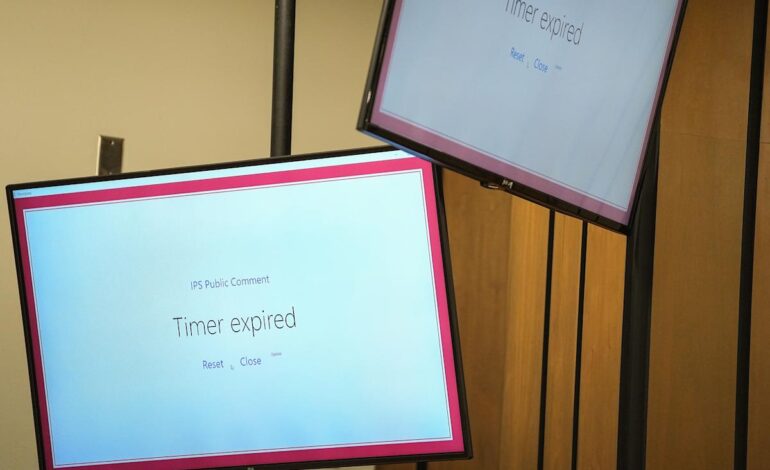
Hawaii Lawyer Penalized for Submitting AI-Created Fake Case
A Hawaii attorney faced repercussions after submitting a fabricated legal case generated by artificial intelligence. This incident highlights emerging challenges posed by AI in the legal sector, underscoring the need for vigilance and ethical compliance as technology continues to evolve.
AI’s Role in Legal Practice
Artificial intelligence has become an integral tool in modern legal practices, enhancing research capabilities, predicting case outcomes, and even drafting documents. Nonetheless, the reliance on AI requires diligence. Attorneys must verify AI-generated materials to maintain accuracy and credibility in legal proceedings. This recent incident in Hawaii serves as a stark reminder of the importance of cross-checking AI outputs to avoid legal complications.
The Incident in Hawaii: What Happened?
The controversy unfolded when a lawyer submitted a document containing references to a non-existent case. The mistake was traced back to an AI tool used for legal research, which ‘hallucinated’ the case details. Such hallucinations occur when AI systems conflate information in an attempt to generate relevant content, highlighting the technology’s current limitations and potential pitfalls if not carefully managed.
Implications for the Legal Sector
This incident raises critical questions about the reliance on AI in legal work. While AI offers efficiency and innovation, the risk of errors demands a balance between technological advances and human oversight. Legal professionals are urged to develop standards and practices that incorporate AI responsibly, ensuring that legal documents maintain their integrity and serve the justice system effectively.
Conclusion
The Hawaii attorney’s case serves as a pivotal example of the potential risks associated with unverified AI usage in legal contexts. Legal practitioners must rigorously assess AI outputs to safeguard their professional responsibilities and the justice process, promoting meticulousness in an era of technological advancement.





